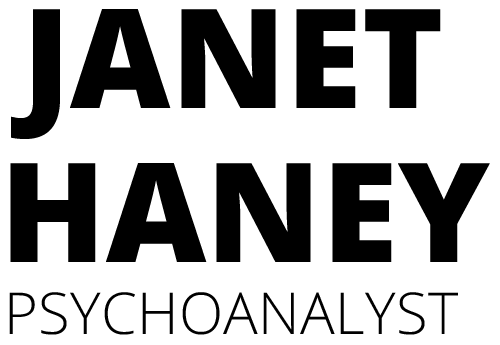Publications
Writing, speaking, translating, editing …
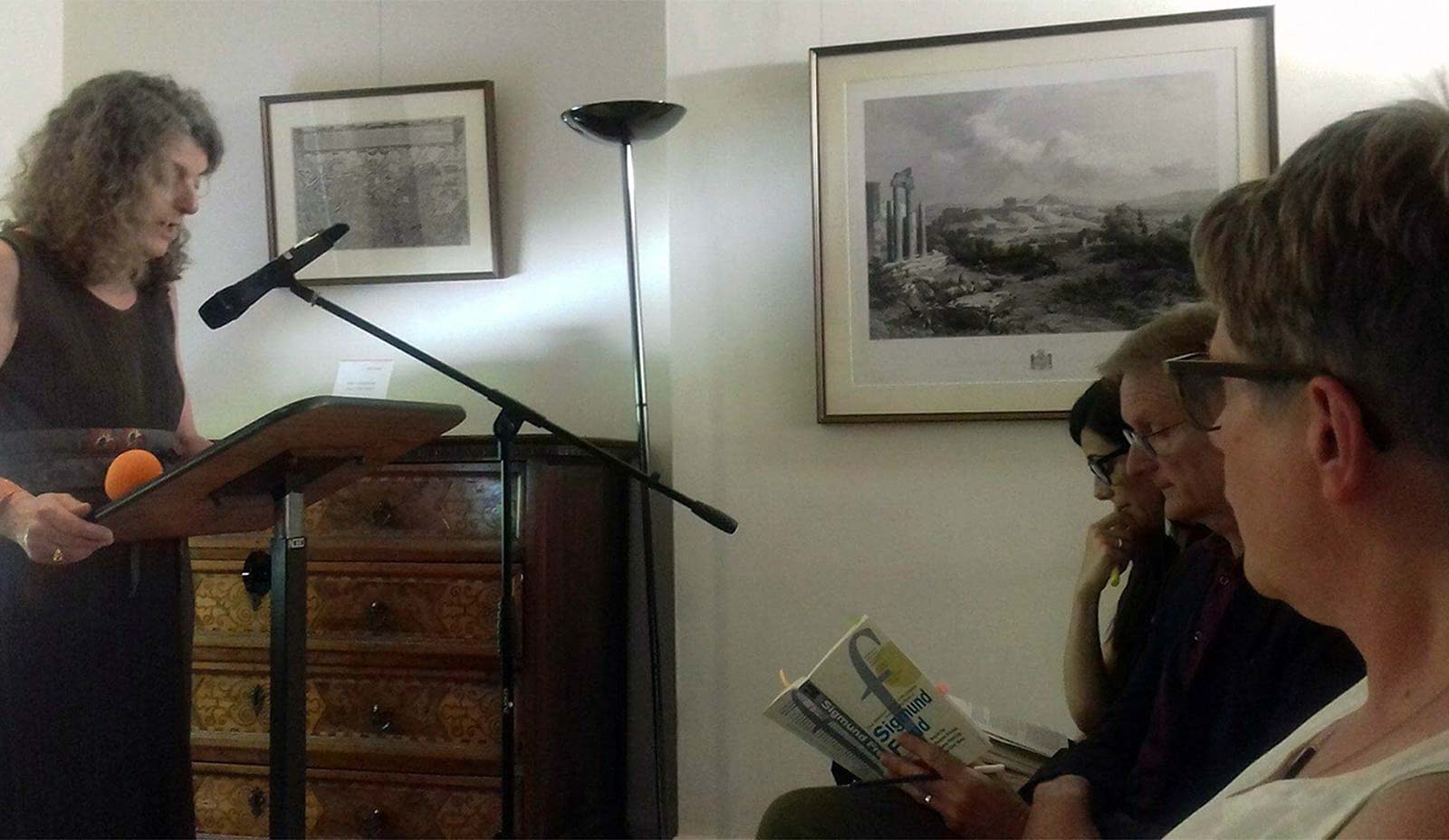
Over the years I have been active in putting things into circulation, organising events and producing texts. Much of my work with the school has taken the form of editing, proofreading, curating and translating. I also like to stage public events that involve reading aloud from these texts.
Three shared readings with friends of psychoanalysis
Sigmund Freud, Group Psychology and the Analysis of the Ego (1921) SE18, at the Freud Museum with colleagues from across the spectrum of psychoanalytic groups in London and the UK sharing the reading, 24 June 2018.
Sigmund Freud, Thoughts for the times on War and Death (1915) SE14, Why War? (exchange of letters with Albert Einstein) (1933) SE22; in partnership with the Freud Museum and with colleagues from across the spectrum of psychoanalytic groups in London and the UK sharing the reading 11 November 2018
Jacques Lacan, British Psychiatry and the War (1947), Psychoanalytical Notebooks of the London Society of the New Lacanian School, No. 33 (2019). Recorded live on the 75th anniversary of the end of the war in Europe (VE day, 15 May 2020) and the reading was shared with members of cartels of the New Lacanian School in India and the UK
Published translations
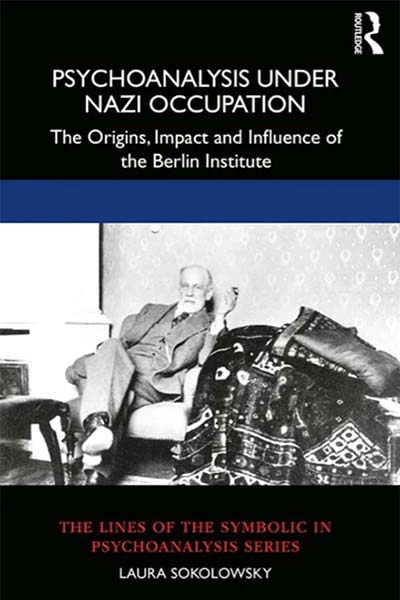
Psychoanalysis Under Nazi Occupation: The Origins, Impact and Influence of the Berlin Institute
When I found Laura Sokolowsky’s book Freud et les Berlinois at a congress in Paris, I wanted to read it so much that I ended up translating it and getting it published in English with Routledge. This effort was sustained over quite a period of time and opened up the way for many more translations in support of the various congresses and publications of the schools and federations of the Freudian Field and the World Association of Psychoanalysis. Laura Sokolowsky, Psychoanalysis Under Nazi Occupation: The Origins, Impact and Influence of the Berlin Institute, London, Routledge 2022. A Q&A with the author was produced by the Freud Museum in London (3 February 2022) with the participation of Professors Colin Wright and Scott Wilson. The recording can be accessed at: https://tinyurl.com/2tdjbjp3
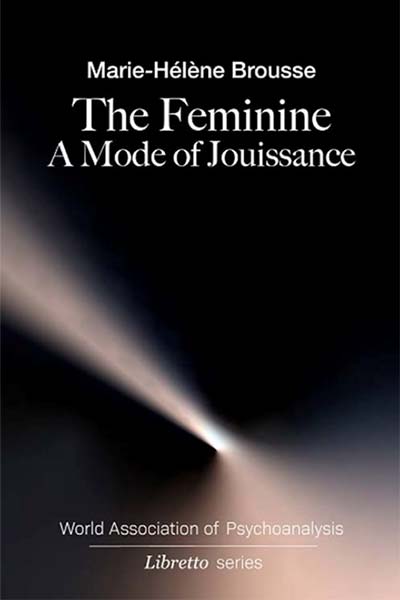
The Feminine: A Mode of Jouissance
Marie-Helene Brousse, The Feminine: A Mode of Jouissance, World Association of Psychoanalysis, Libretto series, 2021
Edited Journals
I worked for many years on the Psychoanalytical Notebooks of the London Society of the New Lacanian School, curating the papers for PN29 and PN31, then becoming Editor in Chief from 2019 to 2021.
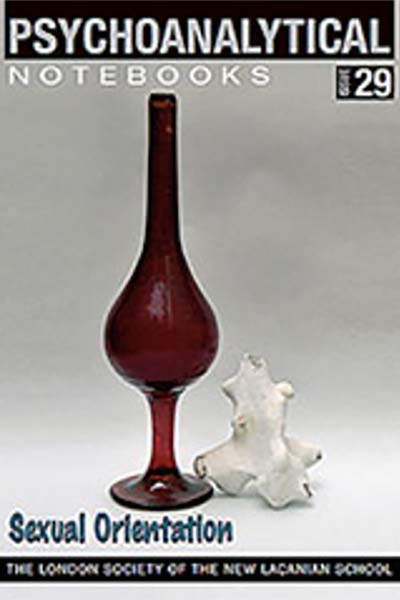
PN29 - Sexual Orientation (2015)
This was an intervention that closely followed the rapid changes in law that took place across the world and led to what is known as the “Marriage for All” moment. This was crucial to psychoanalysis because the reactionary forces that still clung to the title were trying to hijack the practice and turn it into a doctrine that would tell you how to live and, more particularly, who and how to love. We responded to this outrage by joining our colleagues across Europe to speak up in the name of Lacanian psychoanalysis and clarify the great difference that Lacan made to psychoanalysis and therefore to our lives.
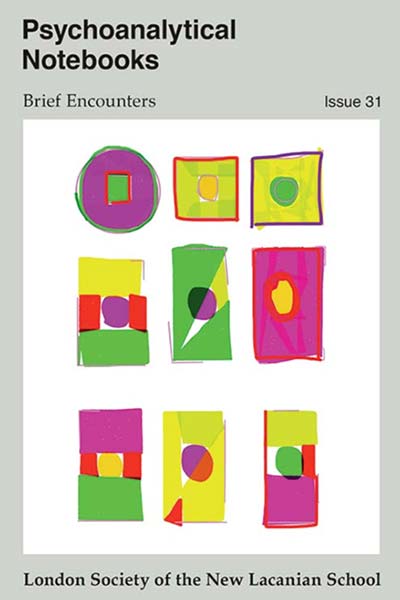
PN31 - Brief Encounters (2016)
Which takes into account the social dimension of our symptoms and draws on the work of PIPOL (a series of regular European meetings which take place in Brussels every other year and whose title is an acronym for International Programme of Psychoanalysis Applied in the Lacanian Orientation). This issue also includes the work undertaken in various CPCTs (Centres for Psychanalytic Consultation and Treatment), which have sprung up across the Freudian Field. The first CPCT opened in Paris in 2012.
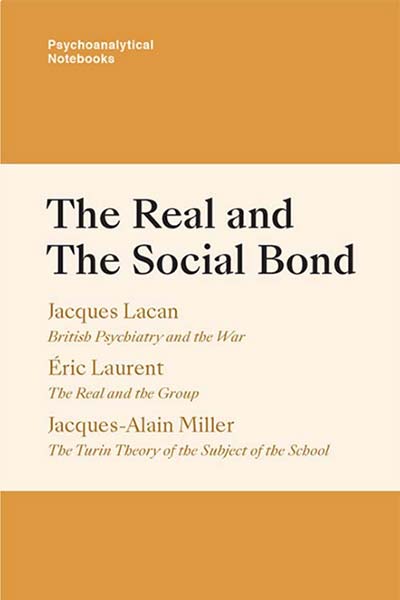
PN33 - The Real and The Social Bond (2019)
Lacan delivered “British Psychiatry and the War” as a talk to his colleagues in France when he returned from a trip to England shortly after the end of the Second World War. During the Nazi occupation of France, Lacan had written nothing for publication, which makes this text all the more fascinating. His enthusiasm for what he had found led him to say: “the British victory is of a moral order, by which I mean that the intrepidity of its people rests upon a veridical relation to the real.”
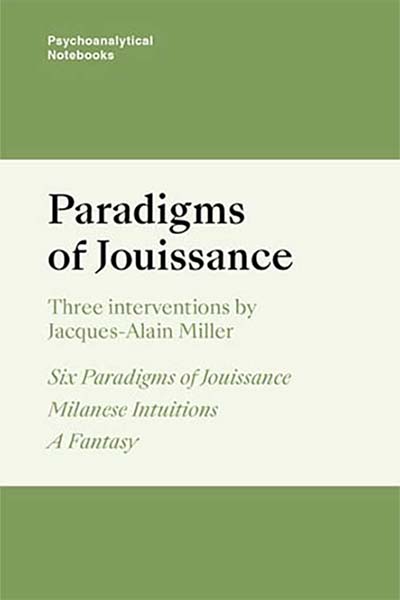
PN34 - Paradigms of Jouissance (2019)
Jacques-Alain Miller’s encounter with Jacques Lacan has had a definitive role in shaping the reception of Lacan’s work within psychoanalysis and beyond. Lacan’s seminar, delivered over three decades, essentially asked: How does psychoanalysis work? What are its means, goals, conditions. In Lacan’s teaching, psychoanalysis is neither a doctrine nor a fixed technique. It might rather be considered a work of investigation that faces up to the challenges of a clinic inflected by modifications and reconfigurations of the discourses that shape the suffering of contemporary subjects and the demands that are addressed to us as practitioners.
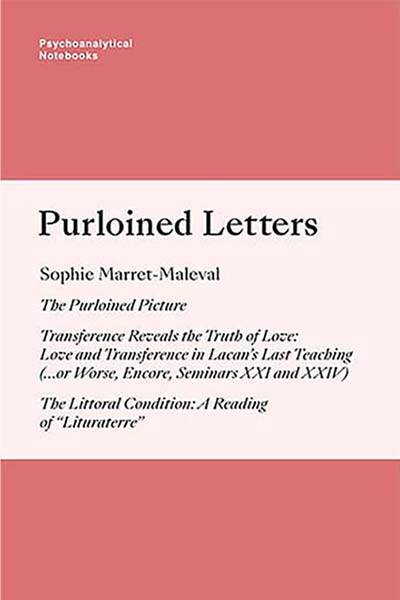
PN35 - Purloined Letters (2020)
Lacan’s seminar on Edgar Allan Poe’s “The Purloined Letter” is placed (against chronology) as the first paper in Écrits. It gives the orientation for reading the book to the letter.
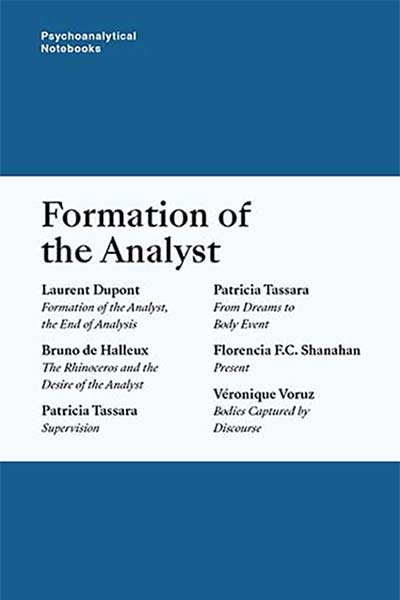
PN36 Formation of the Analyst (2020)
Lacan’s desire for a school of psychoanalysis went beyond Freud, beyond Oedipus, beyond the structure of “the all.” In his “Founding Act,” 1964, what is most striking is the absence of a definition of what a psychoanalyst is. Instead the word “work” permeates the text and what is specified is the school’s basic organ, the cartel, which is anti-segregative and anti-didactic. It provides a social link whereby people work together and at the same level around a project called psychoanalysis. It operates via the transference to psychoanalysis and the analytic discourse rather than an idea. It allows the singularities to hold together encouraging each to participate actively.
